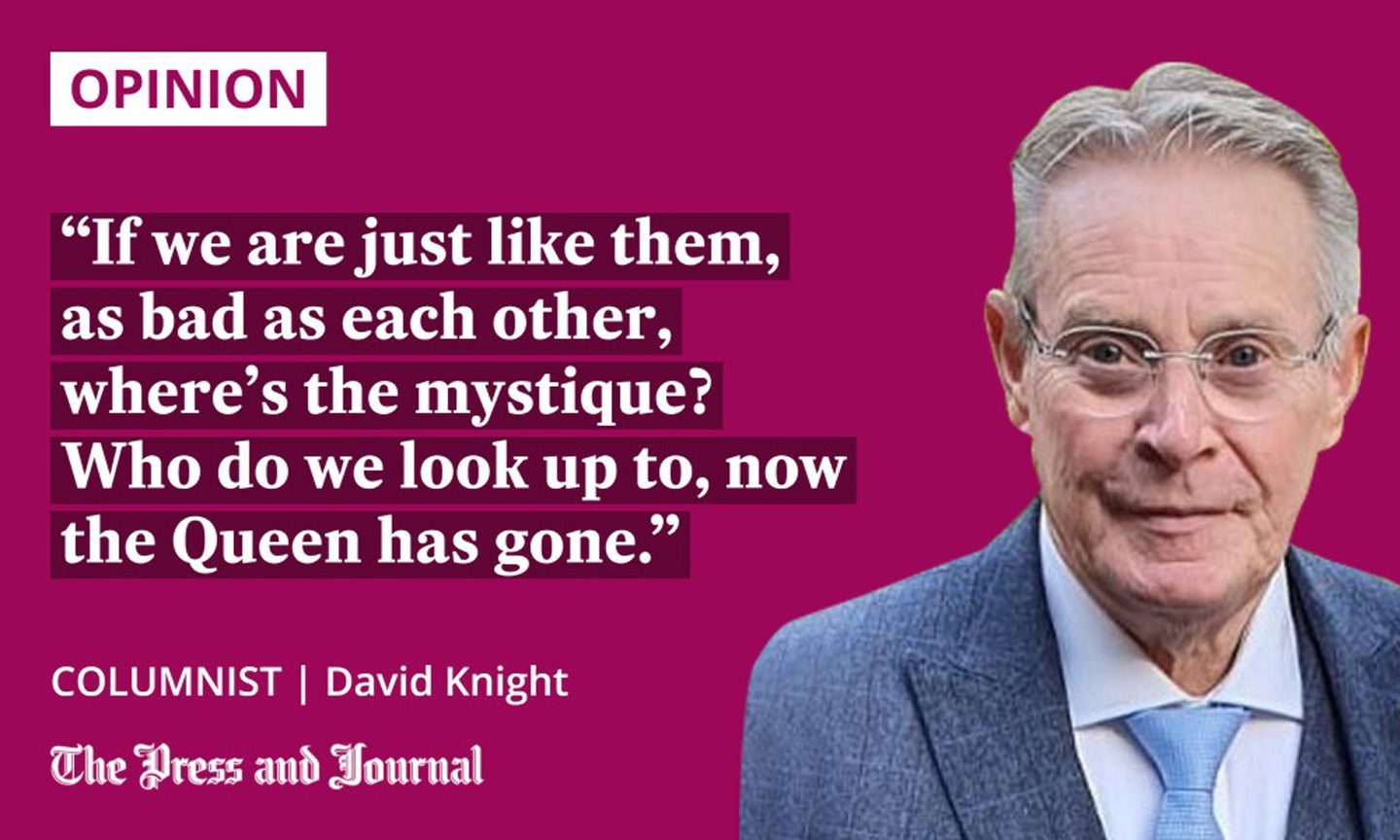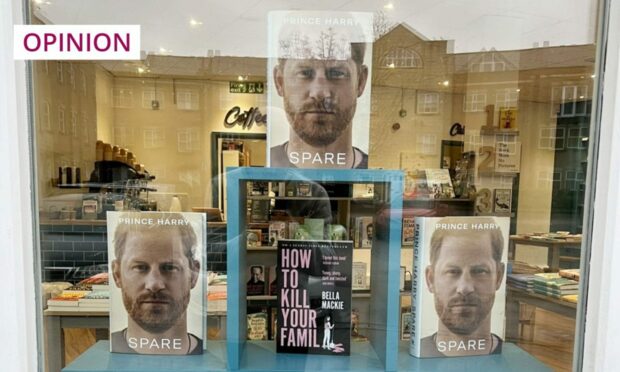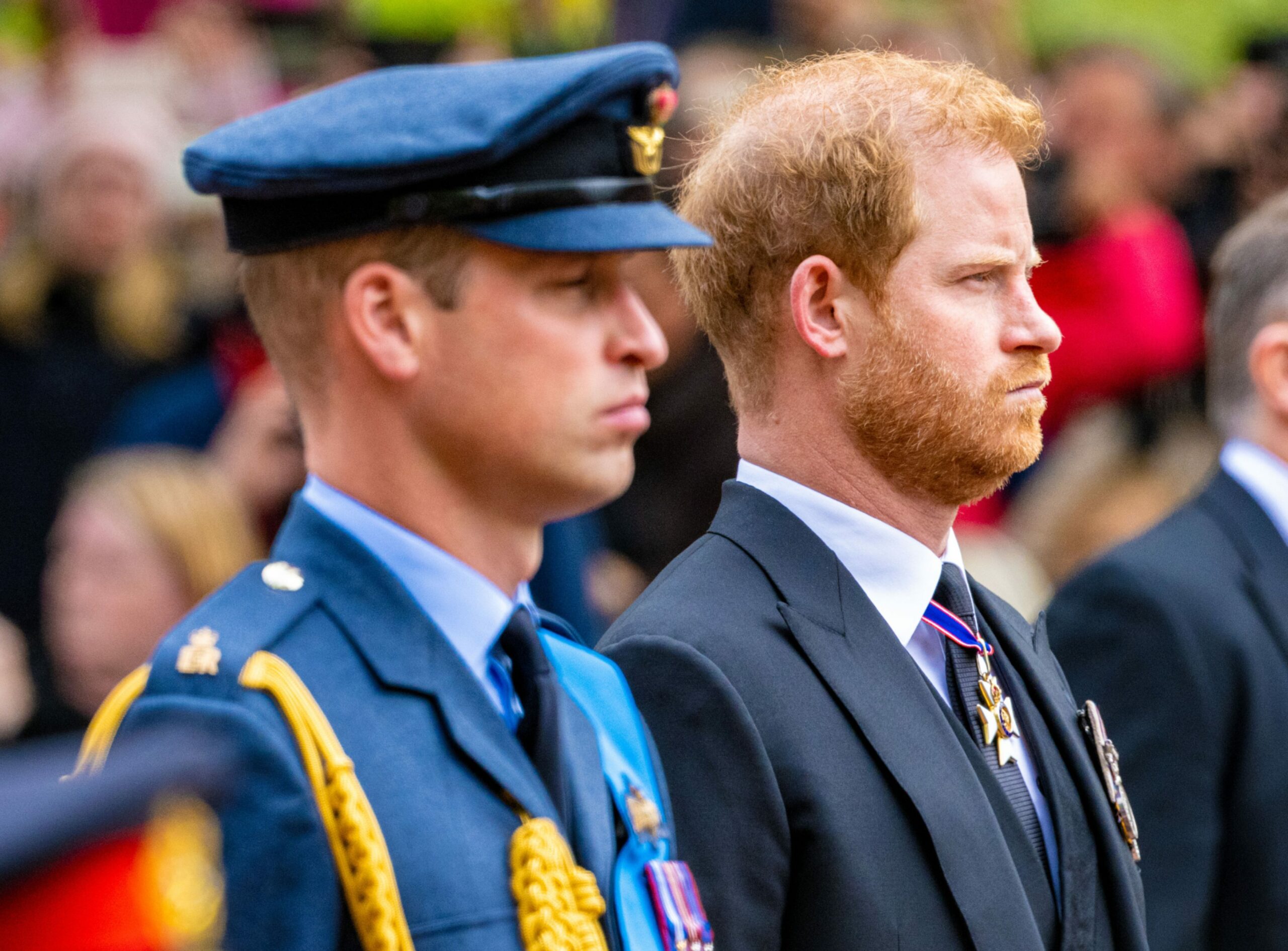There was always a worry that those following in the Queen’s royal footsteps would mess up, writes David Knight, but can they recover?
I don’t think I ever recovered after mom virtually disappeared from my life when I was five.
So, I am sensitive to what Prince Harry went through after the death of his mother, Princess Diana.
I was lucky – my mother didn’t die. Mental health issues drove her away; a limited form of contact carried on from another location in the city, but it wasn’t the same.

Dad always bought me a bag of Butterkist popcorn to try to cheer me up as we waited at a bus stop after our visits.
I was grief-stricken and screamed the place down every night. I remember vividly. It still rings in my ears: “I want my mommy… I want my mommy.”
Nothing could be done to console me. It was an enormous sense of loss and abandonment; yearning for her touch.
She came back into our lives about a year later, but it was possibly longer than that.
The experience left deep emotional wounds at a tender age. The scars stayed with me to form fault lines in my character.
Prince Harry is locked in a grief-recovery process
I don’t blame my late mother – she was a victim, too.
Prince Harry had it a lot worse, though. So, I empathise with his anguish, which began on that fateful night at Balmoral.
But, I have also come to the conclusion that he is still locked in a grief-recovery process from which he cannot break free.
He is consumed by rage about past misdemeanours by the tabloids and the most senior members of his family, but it looks like an unhealthy and never-ending obsession.
Nevertheless, his memoir, Spare, has made its mark – posing further awkward questions for a royal family maintaining a vow of silence.
What else is coming? A new Crown spin-off series all about Harry on Netflix?
Surely his “truth” becomes blurred when we consider that he threw in everything – not just kitchen sink, but dog bowl, too – to reportedly secure multimillion pound film and book deals? Taking piles of cash in exchange for dishing the dirt on family secrets demolished his posturing on privacy ethics.
Revelations have lurched from tragic to surreal
Many of us are now sick of hearing about it, but we can’t stop looking at this family disaster. The revelations have lurched from tragic to surreal.
When Harry came running to us with tales of William pulling off his necklace, I almost laughed at such a preposterous image. How could a soldier with two tours of combat duty in Afghanistan – “I killed 25 Taliban” – allow himself to be pushed into a dog bowl?
And allegedly being ordered to shave his beard off for his wedding – by big bro – made it sound as though Monty Python was involved with the book.
Harry also appeared disingenuous or simply naive – like when he suggested it wasn’t his intention to hurt senior royals.
He finally denied clear implications of racism within the “baby skin colour” revelation. And blamed a media plot for making it seem he was boasting about killing Taliban members. He didn’t grasp that his very mention of it in the book – boasting or not – could pose a security risk for him and his family.
‘Never complain, never explain’
The necklace drama made us all think of our own family spats.
My wife and her brother still laugh over the day she thought she’d killed him with a tennis racquet. A running battle, triggered by sibling rivalry.
For some inexplicable reason, her tennis racquet made contact with his head – my lord.
The Queen’s ‘never complain, never explain’ mantra was designed to protect the royal household
The funny thing is that her brother then played dead to make her suffer for her overhead smash. But the crucial difference was that they were about nine or 10 at the time.
The Queen’s “never complain, never explain” mantra was designed to protect the royal household. But, when she did allow the cameras in for a groundbreaking fly-on-the-wall documentary, filmed partly at Balmoral half a century ago, she was accused of “killing the royal family with over-familiarity”.
Where’s the mystique?
The current narrative is that the royals are as normal – or dysfunctional – as the rest of us, apart from their fabulous wealth and privilege. But that’s part of the problem, isn’t it?
If we are just like them, as bad as each other, where’s the mystique? Who do we look up to, now the Queen has gone? I suppose there was always a worry that those following in her footsteps would mess up.
If the public loses respect, they might start asking: “What’s the point of the royals?”
If you think this is bad, let’s look back in history to a previous royal Cain and
Abel struggle.
Edward IV ordered the arrest and private execution of his brother, the Duke of Clarence – allegedly by drowning him in a vat of Madeira wine. It happened 545 years ago this Wednesday, to be exact.
So, look on the bright side; as royal crises go, it could be a lot worse.
David Knight is the long-serving former deputy editor of The Press and Journal



